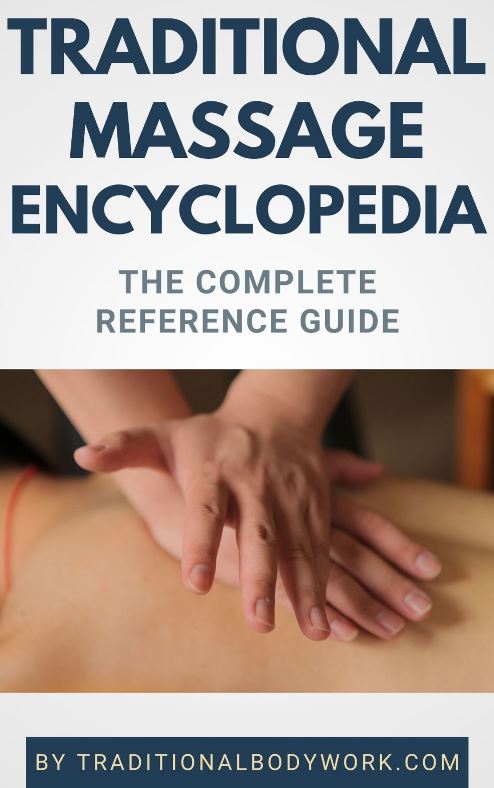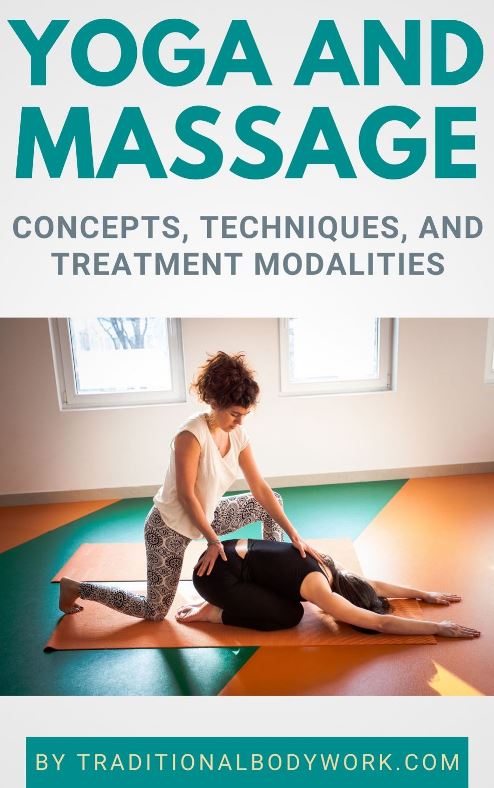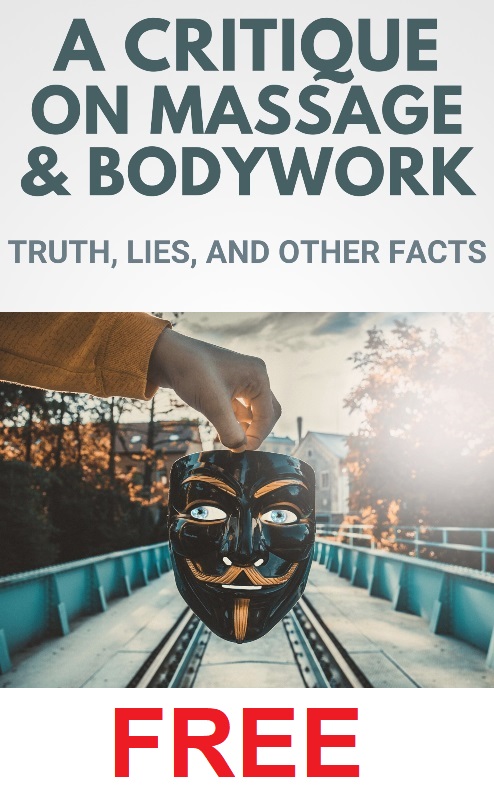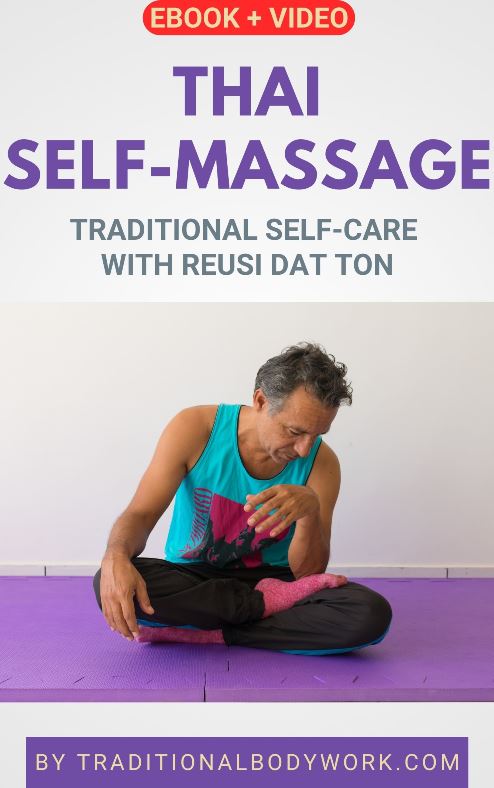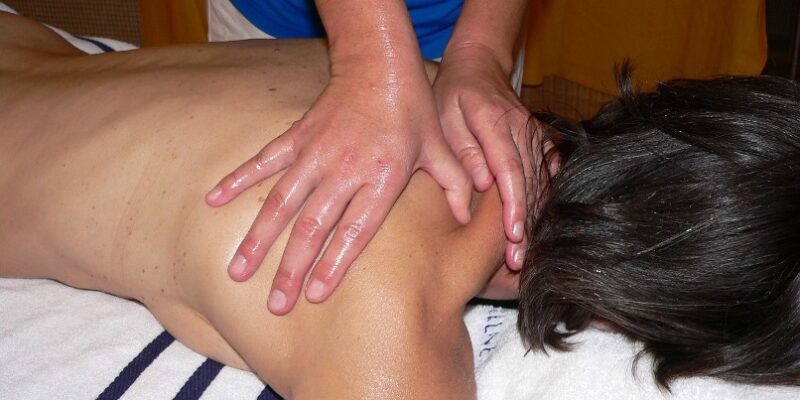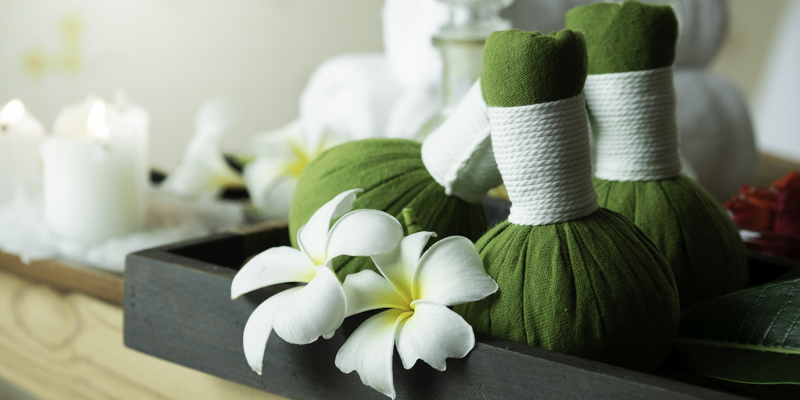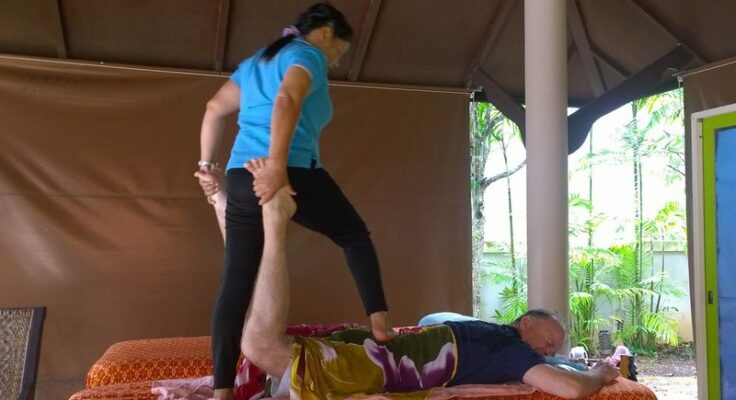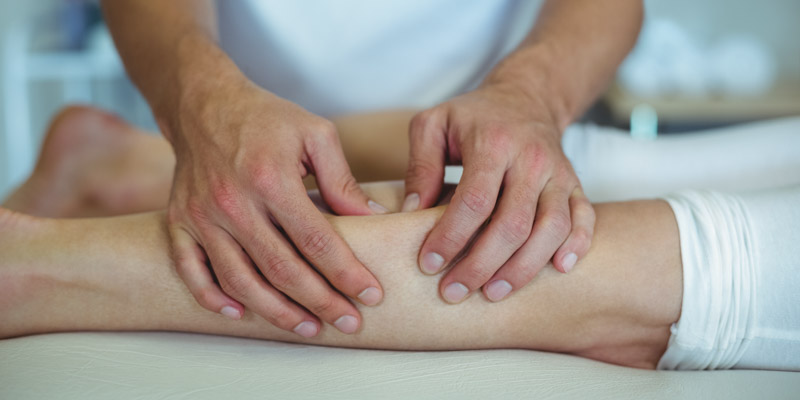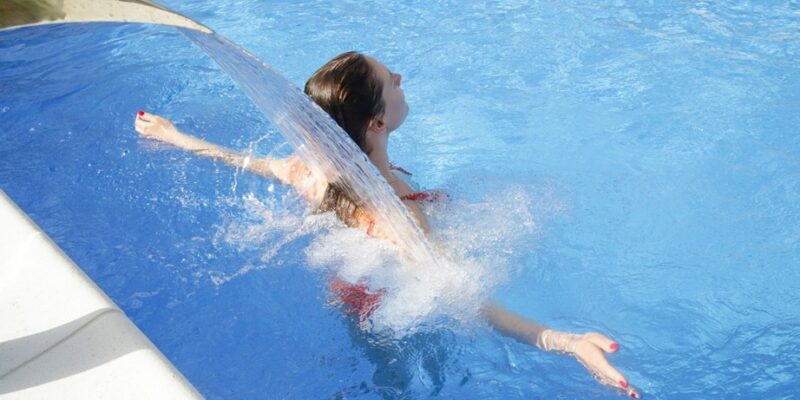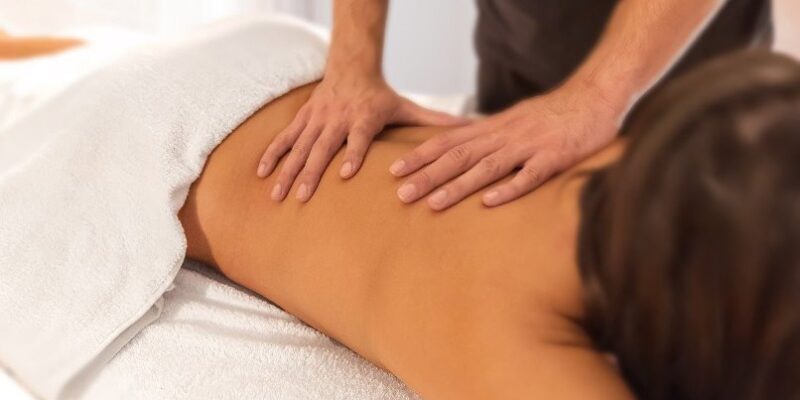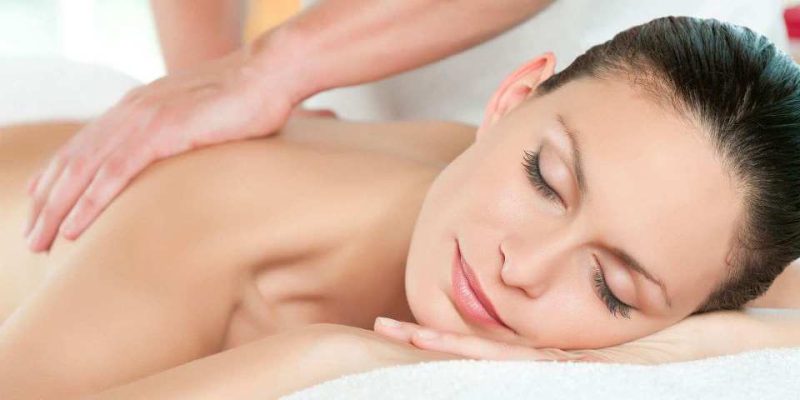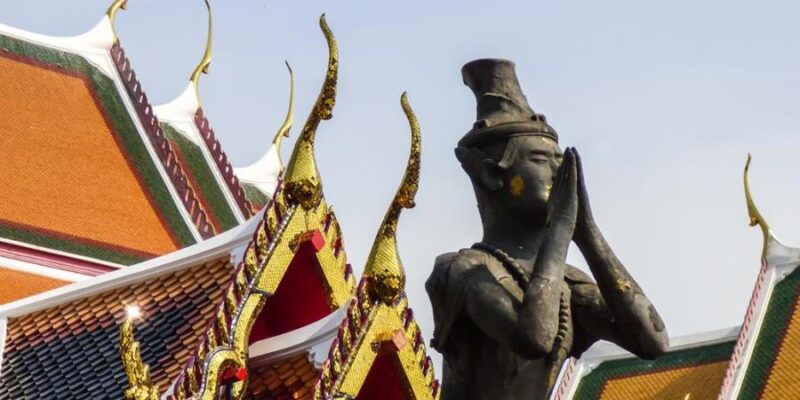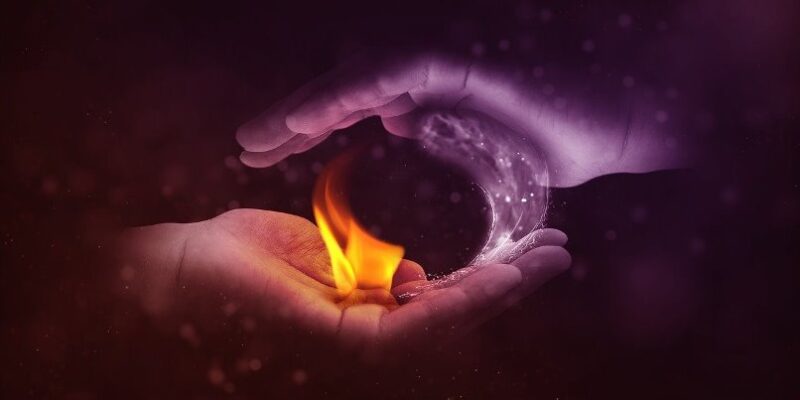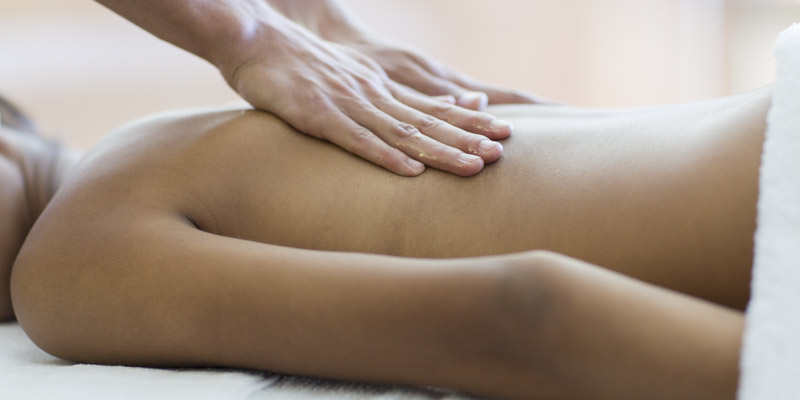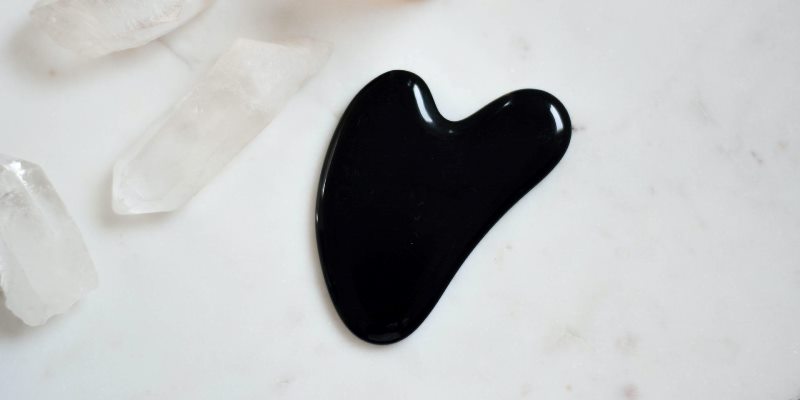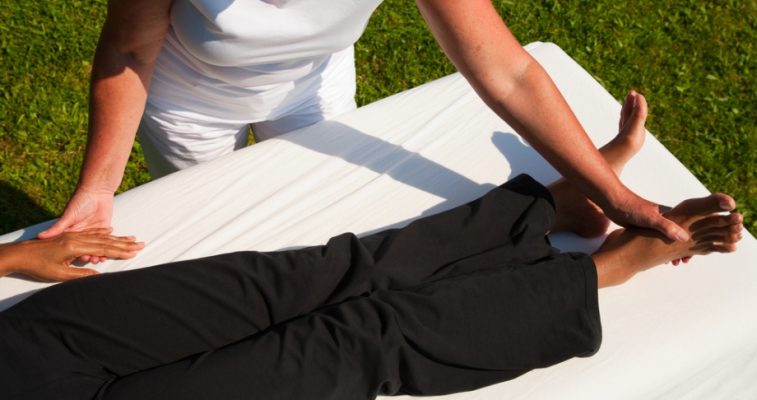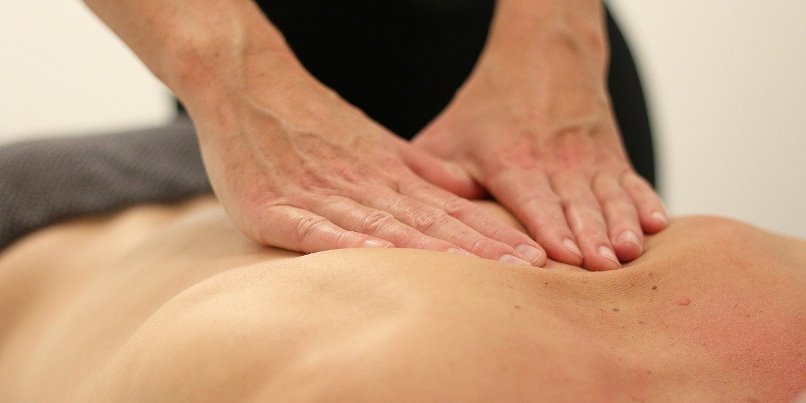
In this post, we’ll discuss effleurage — also called stroking — which is perhaps one of the best known massage techniques.
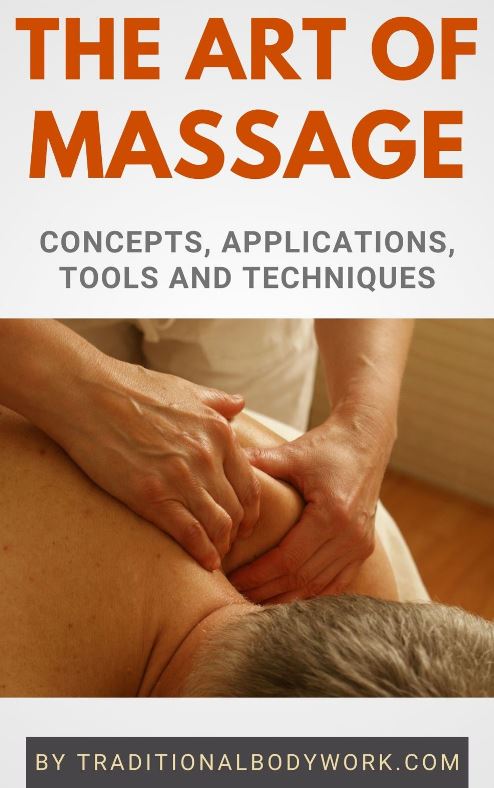
Effleurage consists of smooth massage strokes of varying length (but mostly long strokes) that are applied lengthwise or crosswise to body fibers such as muscles, skin, tendons, etc. After each stroke, therapists usually return with their hands (or other part of the body that was used) to the starting location in a rounded, circular fashion.
Typically oils, creams, lotions, and/or balms are used to aid in stroking smoothly, or as a means to rub in medicated herbal components that benefit the skin or underlying tissues and body systems. By the way, without “topical gliders,” effleurage becomes more difficult to perform and also uncomfortable for the receiver who will likely experience so-called “skin burn.”
The term effleurage itself comes from the French effleurer, which means “to touch” or “to brush,” among other similar meanings. Nevertheless, it depends very much on the type of massage if this technique is used at all. For instance, in Reflexology Massage, Acupressure Massage, and in Traditional Thai Massage, effleurage is basically absent.
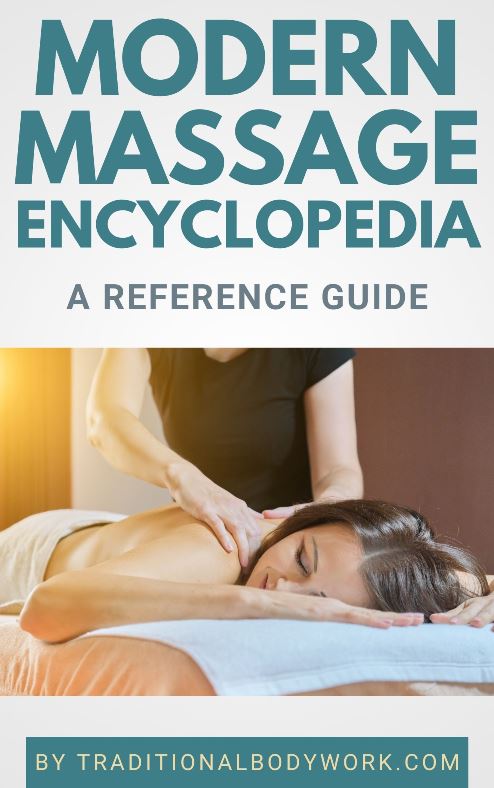
On the other hand, effleurage is an essential technique in Classic Massage — aka Swedish Massage — and you can also find it used plenty in, for instance, Lomi Lomi Massage, Erotic Oil Massages, Ayurvedic Abhyanga Massage, and Balinese Massage.
The technique is used to warm up the body — for instance, before applying Deep Tissue Massage techniques — as a transition to other techniques, or to end a massage session, or as the primary way of performing the massage. Various speeds of stroking and pressure may be applied, using hands, fingers, thumbs, elbow, or knuckles, and so on.
The core idea of effleurage is to improve blood and lymph circulation, stretch body tissues, promote increased lymphatic drainage, and induce a state of calm and relaxation. The most common areas of the body to apply the technique on are the arms, the back, and the legs.

